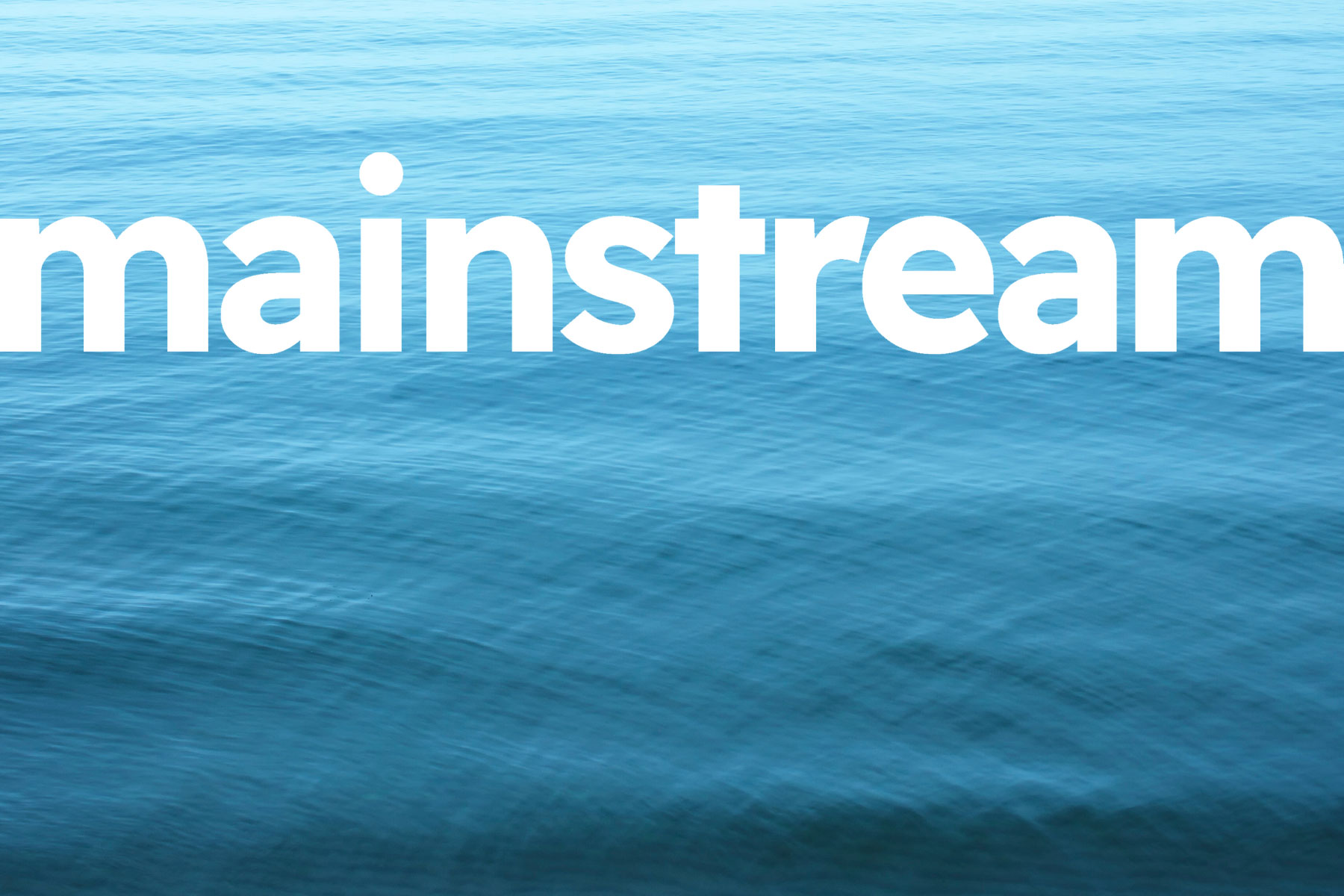Author
‘The VC Series’ is a series of articles aimed at founders who are thinking of raising funds from venture capital investors. Further information about The VC Series can be found here.
One of the key documents negotiated with the VC as part of its investment, will be the Investment Agreement (also called the Subscription and Shareholders’ Agreement).
This document will, amongst other things, contain various rights that the VC will have the benefit of in consideration for its investment. Often the right that attracts the founder’s attention most are the investor consent rights (also known as veto rights and protective provisions).
This article explores investor consent rights in more detail, along with a summary of the sorts of information rights that a VC might expect.
Why are Investor Consents necessary?
Typically, VCs will only have a minority interest in a company – that is to say that they will not have voting control, whether at board or shareholder level.
The VC will therefore expect to have the benefit of certain rights in order to protect its investment.
The key with these rights is to find the right balance – whilst you will appreciate that a VC will need to introduce certain checks and balances to make sure that fundamental decisions aren’t taken without their consent, at the same time you will want to ensure that you have sufficient flexibility to run the business day-to-day.
Investor Consent Items
Investor consent items are a common feature of VC investments.
They act as a form of negative control and require that the company cannot undertake certain actions without the consent of the VC (or a certain number of investors) or the director appointed by it. Crucially, they do not give the investor(s) the right to actively make decisions.
The types of actions that require consent will vary depending on the negotiating position, but at the very least will cover decisions that might impact upon the investor’s shareholding – such as the issue of further shares, amendments to the articles, variation of rights attaching to the shares, a sale or winding up of the company and the payment of dividends.
A point for negotiation is then the extent to which investor consent rights are required over operational matters, such as the recruitment of senior employees, the borrowing or lending of money, and the approval of the annual budget.
Consent Thresholds
The level of consent required will depend on the nature of the investors. If there is one VC (or a lead investor), then you might expect that only its consent is required. If, however, they are investing alongside other VCs or investors, then you will want to make sure that you only require the approval of investors holding between them a certain percentage of shares (which would typically be limited to those holding preference shares – see this article for more detail). This is important as you want to avoid a situation whereby you need to obtain the consent of each and every investor before making a certain decision.
If operational matters are included, then it would be preferable if these were items that could be approved by the investor director (or the board generally) – this would avoid unnecessary delays in obtaining investor consent.
Information Rights
Another key protection that VCs will require are certain information rights that oblige the company to provide the VC (and potentially other investors) with certain information on a regular basis.
Typical information rights require the company to:
- prepare a detailed budget each year for approval by the board (and often the VC)
- circulate monthly management accounts within a certain number of days of the end of each month
- circulate the accounts of the company within a certain number of months of the end of each year
- provide the VC with such other information as they might reasonably request
- provide the VC with details of any offer for the company
As well as providing the VC with the level of information that they need in order to properly monitor their investments, it is also a good opportunity for founders to get into the habit of preparing this sorts of information on a regular basis.
The VC Series – Next Article
The next article in The VC Series will deal with the sorts of restrictive covenants that VCs will expect founder(s) and other employee shareholders to give.
You can find details of all the different articles in the VC Series here.
If there is anything that we have not covered which you would find useful, then please let us know.
Author
MAINstream Female Founders Pitch Event
We are delighted to announce the return of our annual MAINstream Female Founders event. Following the success of our 2024 event, we will be returning...
MAINstream Cheltenham Pitch Event
Applications for this pitch event close Wednesday 16 May 2025. Following the success of MAINstream South West, we are delighted to be launching MAINstream Cheltenham...
MAINstream South West Pitch & Drinks Event
Applications for this pitch event close Wednesday 4 June 2025. If you are interested in joining the network and attending our events please email mainstream@michelmores.com for further...




